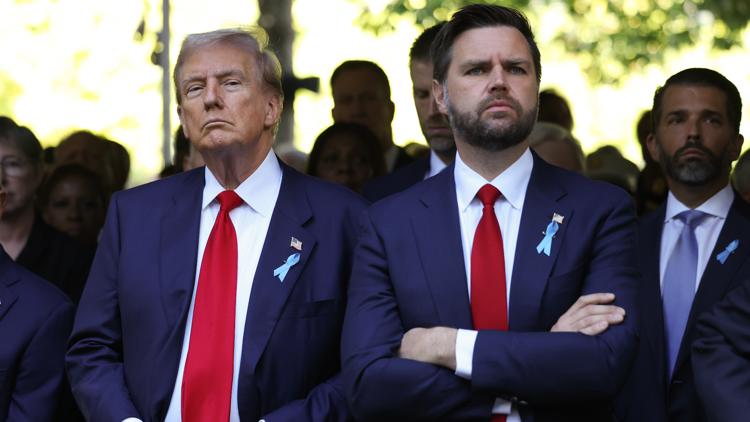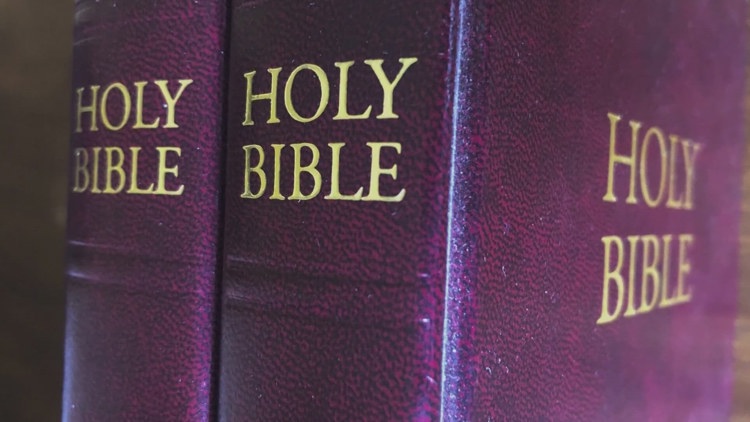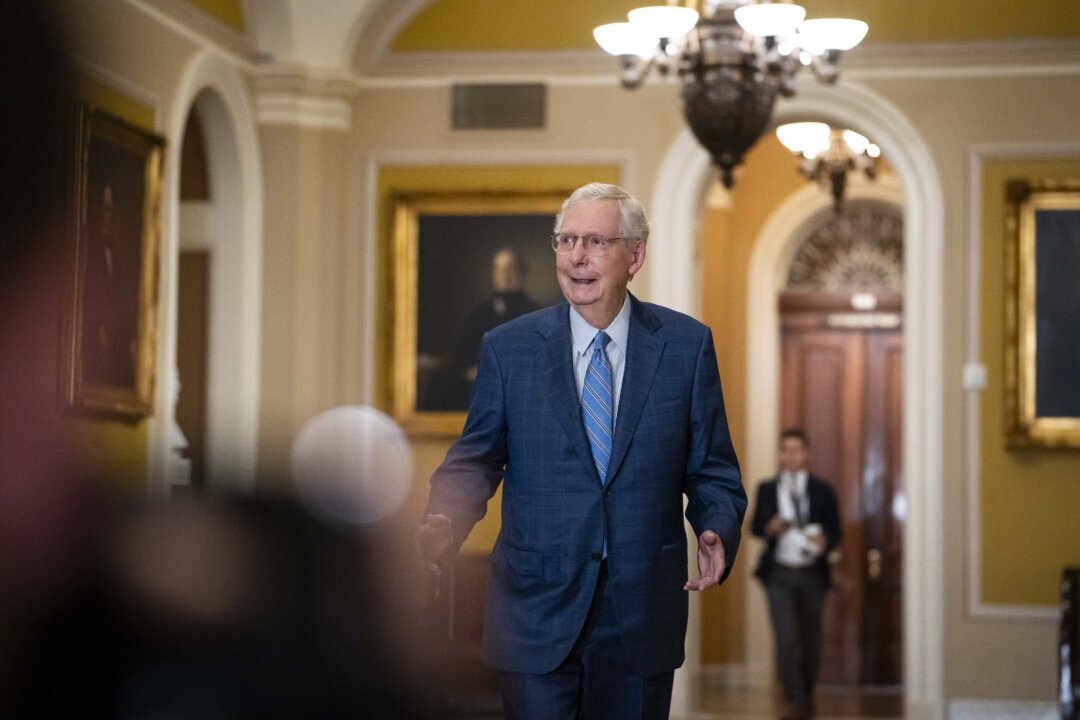
From the forcible deportation of millions of undocumented immigrants to the criminalisation of healthcare for transgender people, Trump is promising to bring a carnival of cruelty to America for the next four years. And with Republicans in control of both houses of congress and a conservative majority on the supreme court, he may face little institutional resistance to the shredding of democratic norms. In foreign policy too, Trump’s choice of Florida senator Marco Rubio as secretary of state and congressman Mike Waltz as national security adviser are ominous.
Rubio has defended Israel ’s killing of civilians in Gaza and opposed calls for a ceasefire while Waltz said Binyamin Netanyahu should have gone further in attacking Iran by striking its oil depots and nuclear facilities. New York congresswoman Elise Stefanik, Trump’s nominee for ambassador to the United Nations, has accused the body of being anti-Semitic and described it as a “corrupt, defunct and paralysed institution”. Stefanik, who has no experience in foreign policy or diplomacy, called last month for a review of all US funding for the UN.
Although Rubio and Waltz share a traditional foreign policy outlook that champions the use of military force to maintain American primacy in the world, others in Trump’s inner circle take a different view. Vice-president-elect JD Vance is among those who want to reduce America’s global military footprint, particularly in Europe, and to abandon the interventionism and adventurism that has characterised US foreign policy since the beginning of this century. Trump’s capricious approach to foreign policy, his admiration for strongmen and his open contempt for the liberal democratic values that are supposed to underpin the western alliance have alarmed America’s allies.
They worry that he will abandon Ukraine to an unequal peace deal with Russia while bullying Nato allies into increasing their defence spending. Such fears are well founded but Trump’s return to power also presents opportunities for America’s friends and allies, particularly in Europe. Above all, it is a clarifying moment that should make policymakers look again at the terms of the transatlantic relationship and consider how Europe’s foreign policy might better respond to today’s multipolar world.
Many of the jeremiads that greeted Trump’s election victory warned of the threat he represents to the postwar, international, rules-based order and Washington’s role as its global policeman. But the Pax Americana that has prevailed for the past 80 years fell into two distinct and very different chapters. From the end of the second World War until the collapse of Soviet communism 45 years later, the two superpowers fought proxy wars all over the world, each restrained by the strength of the other and by the mutual threat of nuclear annihilation.
But after a brief cashing-in of the peace dividend in the 1990s, the US and its allies decided that the rules they had themselves devised no longer applied to them. The US acted outside international law in its intervention in Kosovo in 1999 and again with its invasion of Iraq in 2003. And its prosecution of the global war on terror included the wholesale kidnapping and torture of suspects in the name of safeguarding freedom.
Barack Obama was elected in 2008 promising to end the war in Iraq, close Guantánamo Bay and restore the rule of law. But he embraced the practice of extrajudicial assassination enthusiastically, ordering almost 570 such killings by drone strike during his eight years in office, almost 10 times as many as under George W Bush . All these actions undermined the authority of global institutions that were at the same time facing questions about their legitimacy across the Global South.
By the time Vladimir Putin launched his full-scale invasion of Ukraine in February 2022, the UN security council was indeed too paralysed to do anything about it. Trump’s election could signal a partial American retreat from global leadership, and he has already made clear that he wants Europe to take more responsibility for its own defence. The past two years have seen a dramatic increase in European spending on defence and EU leaders have promised to go further and to step up weapons production.
This should be accompanied by a broader embrace of strategic autonomy, including the implementation of Mario Draghi’s recommendations for increasing productivity and strengthening the EU’s economic position in relation to the US and China. Europe also needs to rethink its foreign policy compass to reduce its dependence on an unreliable American ally, to deepen economic and diplomatic ties with the Global South and to develop a more independent policy towards China rooted in European interests. Trump’s eagerness to reach a quick deal over Ukraine is creating anxiety in that country and across Europe, particularly in former Warsaw Pact states.
But it is now acknowledged in Kyiv and Moscow, as well as in Washington and European capitals, that neither Ukraine nor Russia can achieve their full war aims on the battlefield. Europe’s priority in the peace negotiations that may be imminent should be to secure Ukraine’s viability as a sovereign, independent state with sufficient security guarantees to deter Russia from attacking again or targeting its other European neighbours. This will require a bigger negotiation about a new security architecture for Europe that can serve as a framework for future relations with Russia.
The debate about Europe’s role in a multipolar world is overdue and Trump’s return to the White House offers an urgent opportunity to confront the most important questions about its strategic future. These are what Shakespeare called “the uses of adversity” and Europe’s leaders should grasp them. Denis Staunton is China Correspondent.














